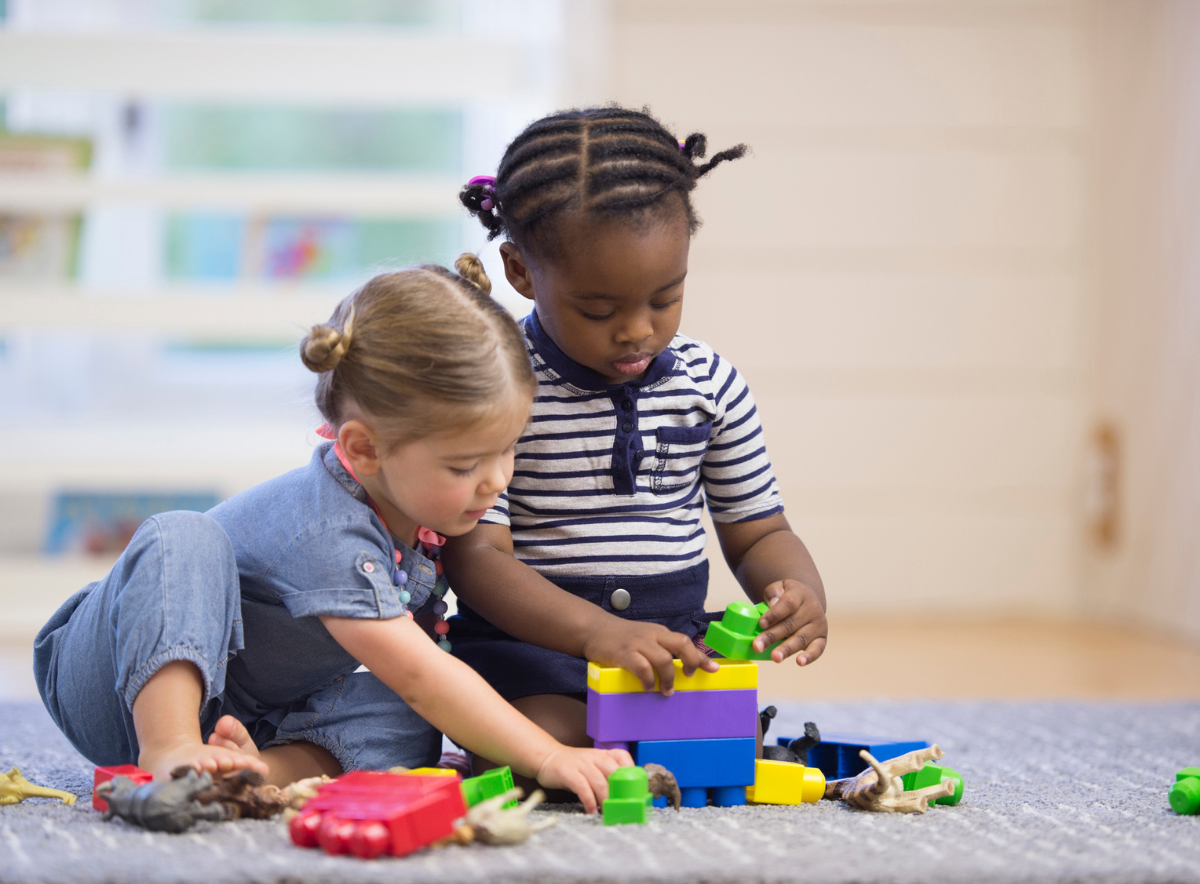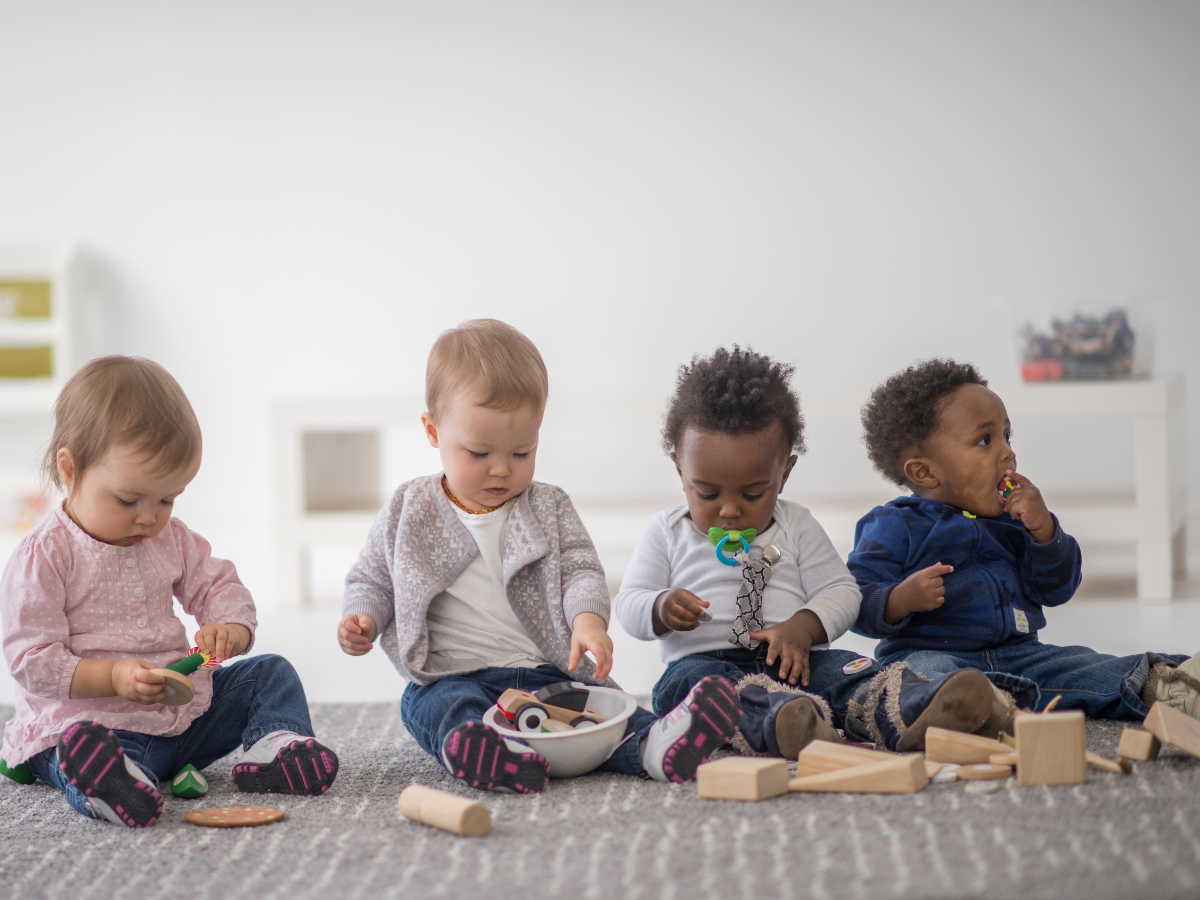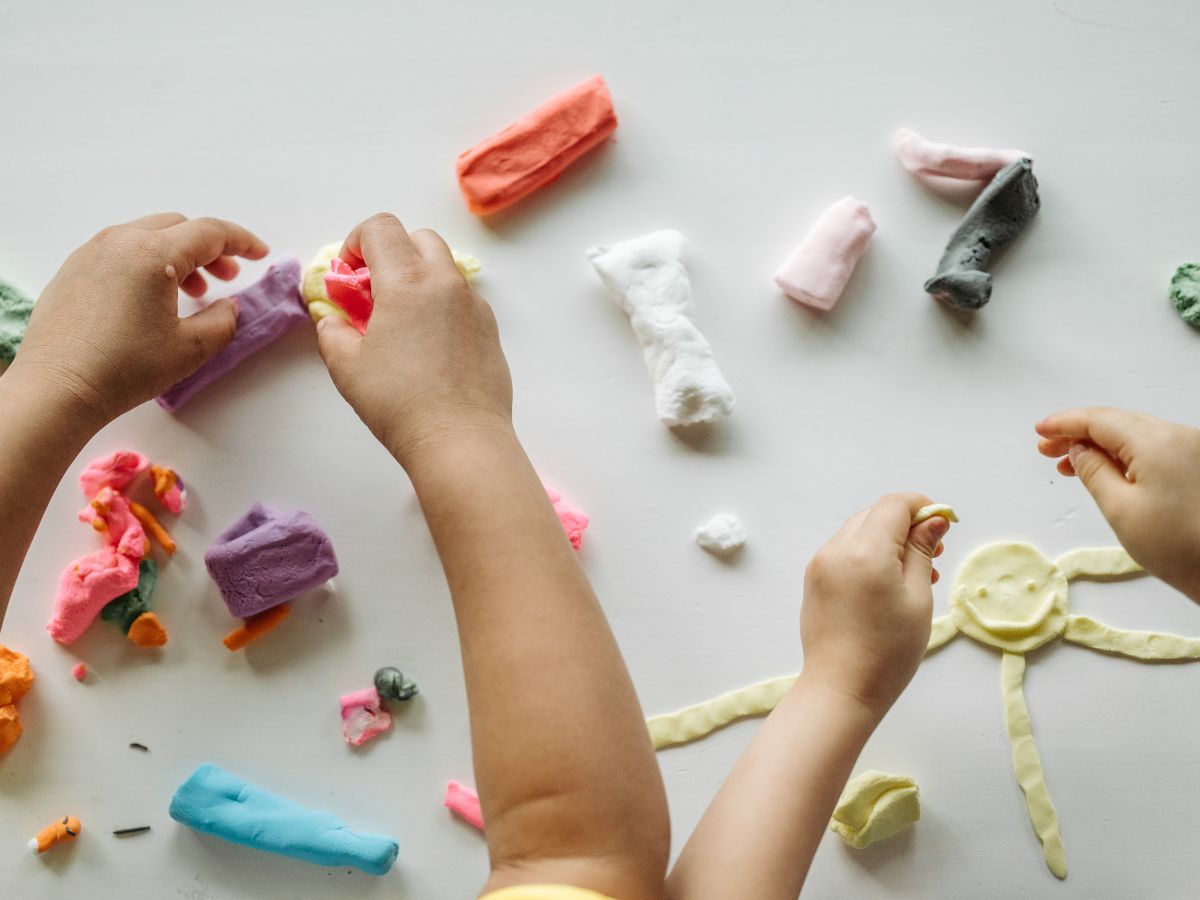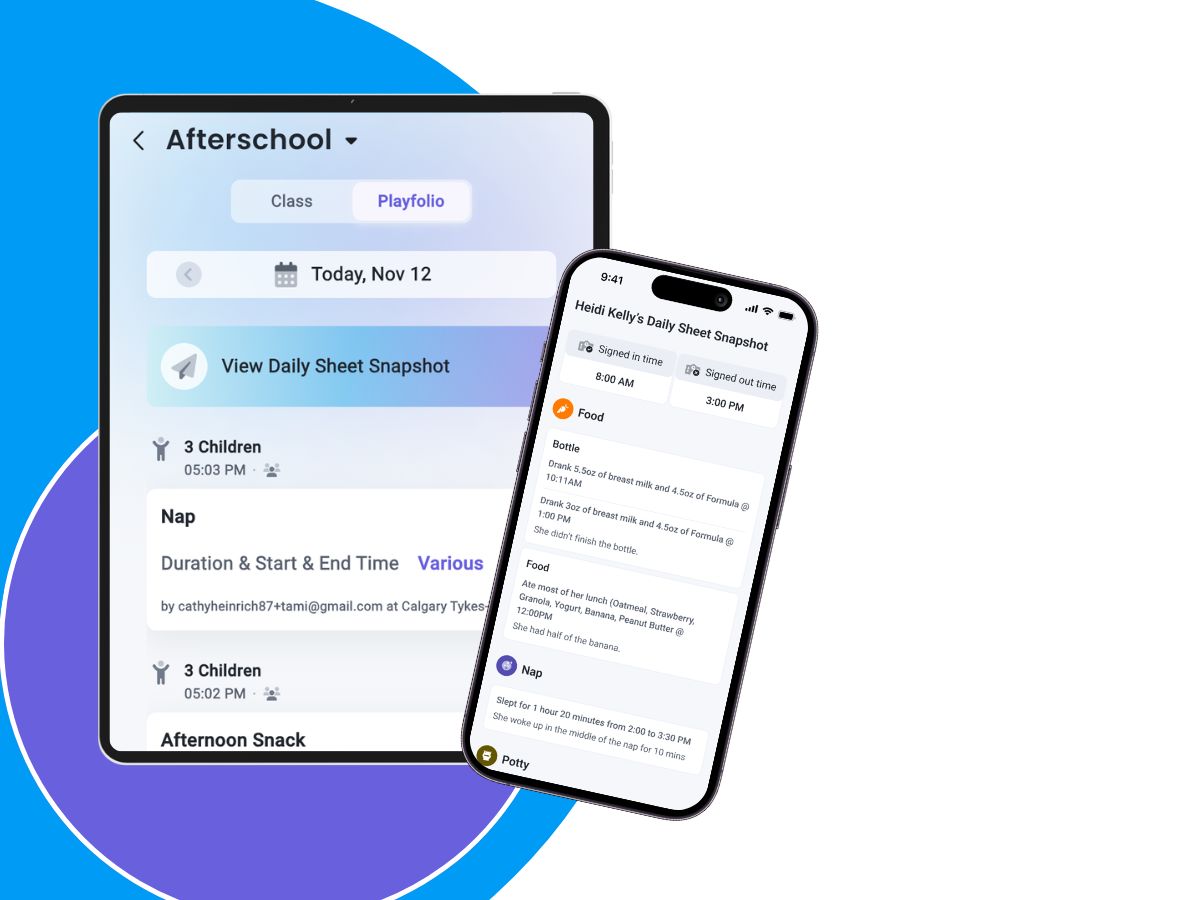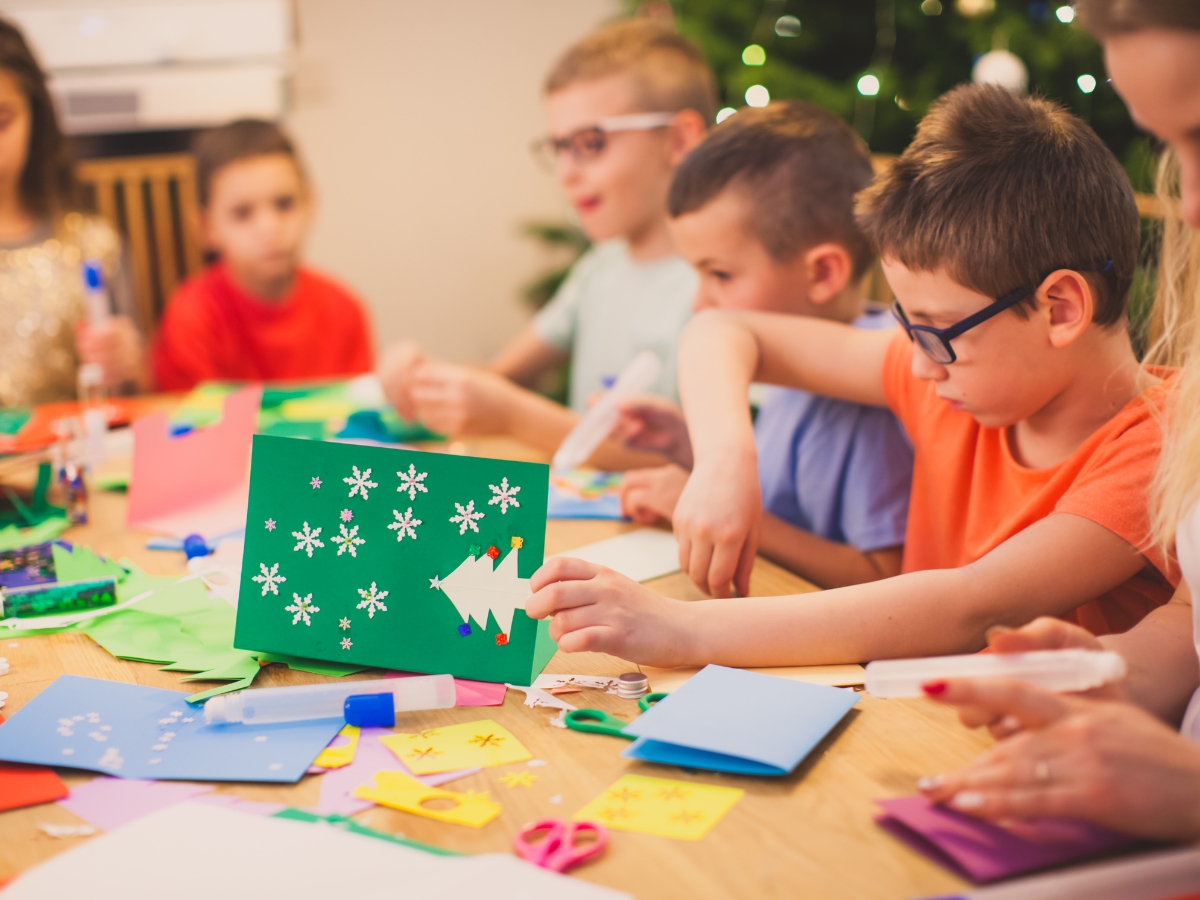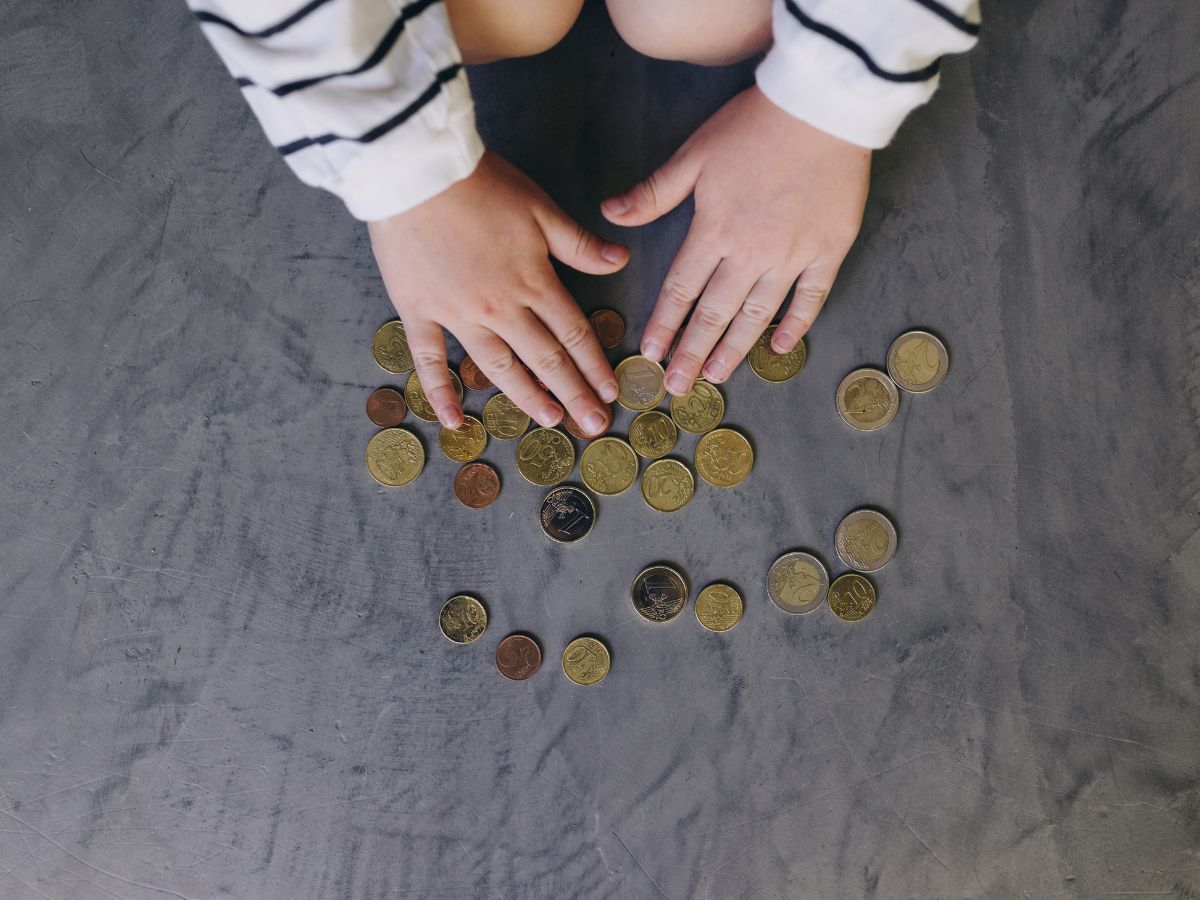Learning to share can be a challenge for young children. But it is a challenge that they must meet head on and accomplish. It is an important skill that they need for play and learning all throughout their childhood, and it is a skill they will carry into adulthood.
Not everyone learns this skill. Think about it. You know some co-workers, friends or relatives who – even as adults – have not acquired sharing skills. And these adults are difficult to deal with. Sometimes you don’t even like to be around them. Acquiring this skill as an adult is next to impossible, making it even more important that the skill be acquired during childhood.
Nancy Bruski, author of The Insightful Teacher, notes that, “It is necessary for young children to learn how to cooperate in the use of classroom materials; however, sharing often involves giving up what one has so that someone else can have it, and this is very difficult for young children. Children become attached to things they invest themselves in, whether it be toys, materials, ideas for play, or being first in line. Sharing is challenging and something that is learned slowly.”
This vital life skill is needed to make and keep friends and to play cooperatively. Playdates, child care, preschool or kindergarten practically require that children know how to share.
Bruski also notes, “Some children seem to have an easier time sharing than others, but the child who is more possessive is not being bad or difficult. Wanting to keep the teacher’s attention or to play with the favored red fire truck is normal on the part of children, and their feelings should be treated as such.”
Being possessive is a natural feeling. But it is one that children must understand that they have to overcome or set aside in order to share.
How do children learn to share?
Children pick up cues from parents and other adults that they are around often (such as teachers).
Witnessing good sharing skills and turn-taking in your child care center and at home give children great examples to follow. But they also need to have opportunities to put what they witness into action.
Here are four ways that you can help to encourage sharing:
- Point out good sharing in others. Saying, “Your friend, Tommy, was sharing his toys really well today. It was very kind of him to share.” This can carry over into pointing out examples in books, DVDs or TV shows that children are reading or watching.
- Recognize children for sharing. When you see children in your center trying to share or take turns, make sure you point it out and praise them for their good actions. Praise such as, “I like the way you let Suzy play with your train. That was great sharing!”
- Play games that involve sharing and turn-taking. Talk children through the steps, using language that they know refers to sharing. For example, you can say, “Now it’s my turn to wave the flag, then it will be your turn.” “You share the blue car with me, and I’ll share the red truck with you.”
- Talk about sharing with children. In your center they are in an environment with other children where sharing is important and they should know that. For example, you could say, “When you’re playing in a group, you need to share some of your toys.” “Why don’t you ask others what they want to play with?”

What about when children still find sharing a challenge after practicing?
Most children find sharing a challenge, especially at first. They often need practice and support to develop this skill.
In addition to practicing, you can encourage sharing while children are playing. This helps them to remember it. It’s easy for them to simply forget to share at first. Remember to praise them when they do remember to share.
It can help to create consequences for not sharing. For example, when children are fighting over a toy and not sharing, it would be reasonable to take the toy away for a short period of time.
When you use consequences for not sharing, it’s important that the consequences relate to what is being shared or not shared so that the child learns the correlation to the behavior that they didn’t exhibit. It also feels fairer to children involved in failing to share. After a short period, it’s a good idea to give the children another chance to show they can share the toy.
Ages and Sharing
Toddlers
Toddlers probably don’t understand what sharing is. At this age, they believe that the world revolves around them and everything belongs to them. By the age of three, many children will start to understand the concept of turn-taking, but they might still throw a tantrum if another child takes a toy that they want. When another child has something a toddler really wants, that toddler will probably find it very hard to wait his turn. The toddler might even try to get the toy any way he can.
Preschoolers
Preschoolers generally get the idea of sharing, but they might not be keen to put it into action. Preschoolers are also still impatient when expected to take turns.
Be realistic about the ability of preschoolers to share. They are still very self-focused and don’t really understand that other people’s thoughts and emotions matter.
Be sure to read 10 Secrets to Help Kids Share, Take Turns, and Join the Human Race by Michele Borba, Ed.D. This article reiterates some of the points made in our post but adds a few extra thoughts as well.

